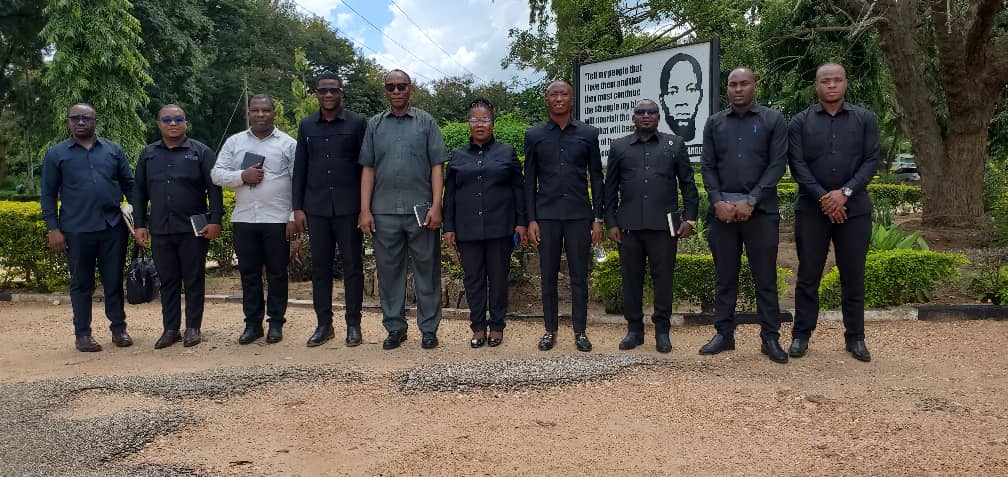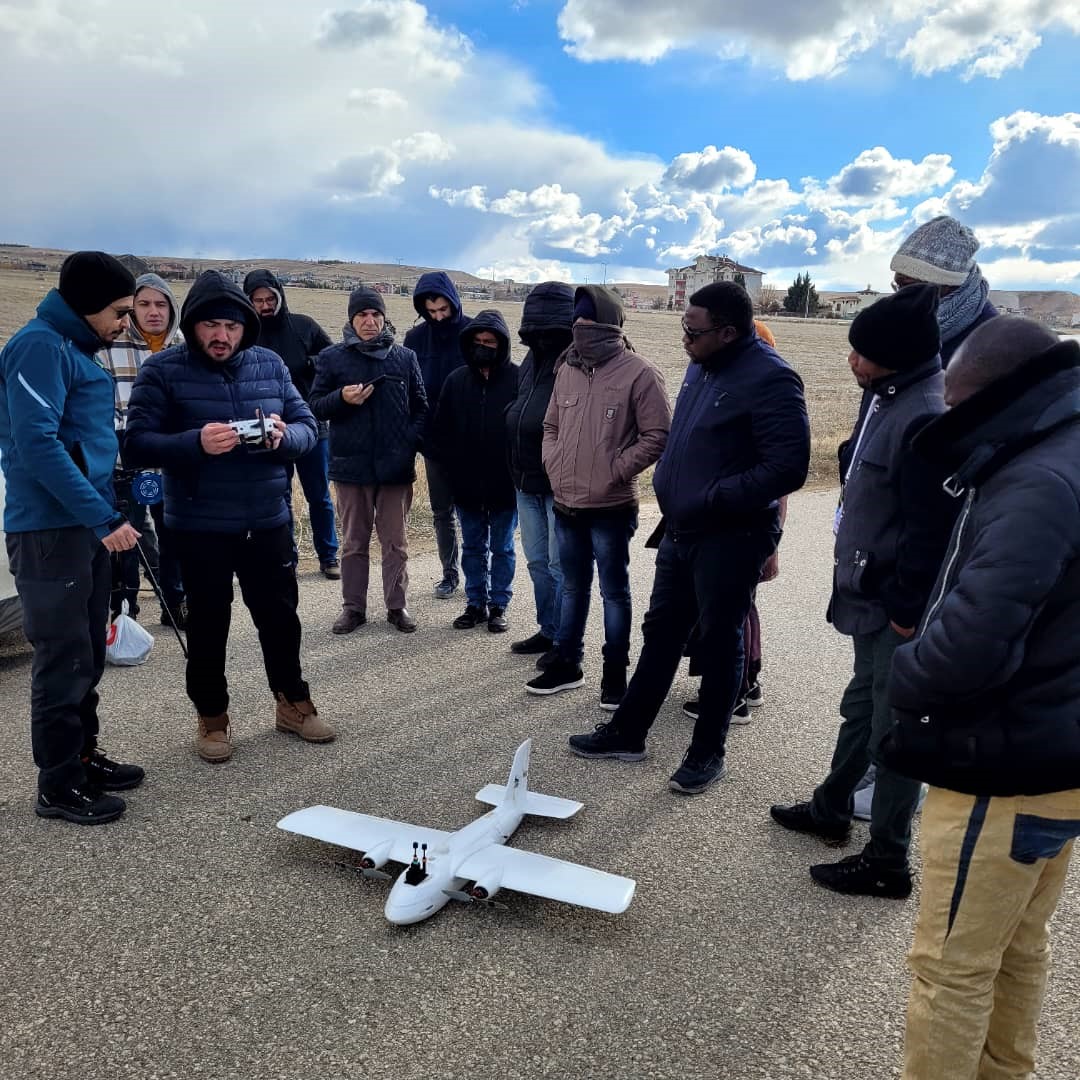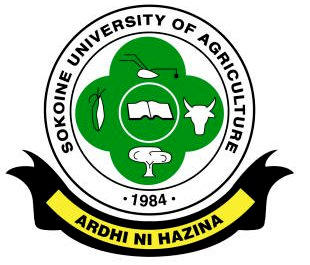The Department of Informatics and Information Technology (DIIT) in the College of Natural and Applied Sciences (CoNAS) at the Sokoine University of Agriculture (SUA) is making waves in technological innovation, thanks to the ingenuity and dedication of its young and vibrant staff. Over the past three SUARIS calls for proposals, the department has won 10 projects, solidifying its position as a trailblazer in the field. From predicting diagnostic accuracy for tuberculosis detection to enhancing crop yield predictions using machine learning models, the department’s innovative projects are making an impact both locally and internationally.
One of the standout projects from the first round of SUARIS grants was the project led by Ms. Joan Jonathan and her team. The project, titled “Prediction of Diagnostic Accuracy using Big Data Analytics and Visualizations from Trained African Giant Pouched Rats for Tuberculosis Detection at SUA APOPO”, was groundbreaking in disease detection. The project aimed to develop a system that can accurately diagnose tuberculosis using trained African giant pouched rats. The team’s efforts paid off as they could patent their work dubbed SMARTTB, and Ms. Jonathan and Dr. Barakabitze published a research article related to the project, which is available here (https://link.springer.com/article/10.1007/s12553-023-00727-5). This project is a great example of how big data analytics and visualization can be leveraged to tackle pressing health challenges in Tanzania and beyond.
Under SUARIS 2, four projects from the department were successfully awarded grants. These grants equipped Dr. Barakabitze and his colleagues with the technical know-how to write excellent grant proposals, and as a result, they were able to attract international funding and establish partnerships with organizations working in the field of agriculture. Dr. Alcardo A. Barakabitze and his colleagues were able to secure funding from the project titled “Enhancing Farm-Scale Crop Yield Predictions using Machine Learning Models for Internet of Agro-Things in Tanzania” funded by the Artificial Intelligence for Agriculture and Food Systems (AI4AFS). The project leverages machine learning models to improve crop yield predictions for farmers in Tanzania and is expected to make a significant impact on agriculture in the country. As a result, project will contribute significantly to improving crop yields and enhancing food security in the country.
Furthermore, Dr. Telemala and his team were able to leverage their technical expertise and grant writing skills gained through SUARIS grants to attract international funding. Dr. Telemala and his colleagues successfully acquired a Lacuna Funded project through their success in the third round of SUARIS grants. The project, titled “Tanzania Climate Sensitive Waterborne Diseases Dataset for Predictive Machine Learning”, involves creating a comprehensive dataset of climate-sensitive waterborne diseases in Tanzania, which will be open-access and can be used to develop predictive machine learning models on climate-sensitive infectious diseases (CSID). The project is expected to have a significant impact in the fight against waterborne diseases in Tanzania and contribute significantly to the field of public health.




